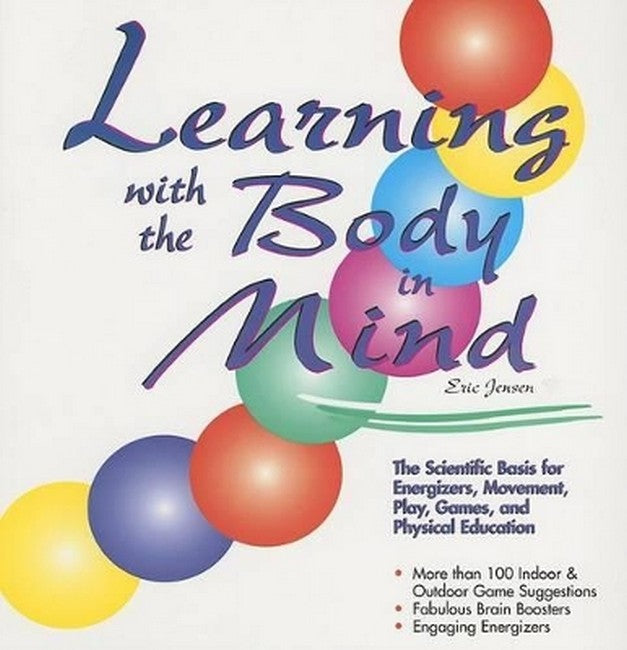Eric Jensen is a former teacher who grew up in San Diego, California. With a Ph.D. in Human Development, he synthesizes brain research and develops practical applications for educators. He is listed among the top 30 educators in the world at GlobalGurus.org. Dr. Jensen has authored over 30 books, including Different Brains, Different Learners, Teaching with the Brain in Mind, Turnaround Tools for the Teenage Brain, Teaching with Poverty in Mind, Engaging Students with Poverty in Mind, and Poor Students Rich Students. Dr. Jensen co-founded an academic enrichment program held in 14 countries with over 75,000 graduates. He is a member of the invitation-only Society for Neuroscience and the President's Club at Salk Institute of Biological Studies. Dr. Jensen provides conference speaking and trainings that can be found at jensenlearning.com. Or, contact: eric@jensenlearning.com.
Request Academic Copy
Please copy the ISBN for submitting review copy form
Description
Introduction A Note About the Research 1. The Nature of Implicit Learning To Understand It Is to Love It Ten Reasons for Increasing Implict Learning More Ways to Remember Take the Long View of Play 2. The Moving Brain Movement: The Choreography of Systems How Our Sytems Are Activated Our Key Biological Systems Interaction Patterns 3. Indoor Games What the Science Says "Chair-Man" of the Bored Perceptual-Motor/Cognition Enhancement Movement's Impact on Learning Waking Up the Brain Sensory Integration Emotional Expression Change of Body, Change of Mind The Binding Solution Settling Time Too Much, Too Fast, Won't Last Meaning Making Is State-Dependent Guidelines for Play Indoor Movement Ideas 4. Performing Arts What the Science Says Creativity Social Skills Enchancement Motivation Perceptual-Motor Enhancement Self-Discipline Cognition Emotional Intelligence Self-Esteem Performance Suggstions You Can Use Today 5. Outdoor Play and Recess What the Science Says Developing Social Skills Mind-Body State Changes Self-Esteem Spinning Is Good for the Brain Stress Reduction When "Not Learning" Is Important Cognition When Recess Isn't Working Healthy Participation Get Outside Sick Buildings, Sick Learners Motoring Up Motivation Playful Ideas You Can Use Today 6. Exercise and Fitness What the Science Says New Cells, Better Brain Self-Esteem More Efficient Learning Stress and Aggression Grades and Test Scores Perceptual-Motor Skills Healthy Heart, Healthy Body Motivation Improved Discipline Practical Exercises You Can Use Today 7. Getting a Move On: Policy Implications A Note to Policy Makers A Note to Saff Developers Where to Start Quick Guide: 65 Alll-Time Best Learning Activators Best Indoor Games Best Outdoor Games Brainy Energizers Focusing the Brain Appendix Bibliography Brain-Based Resources About the Author Index

